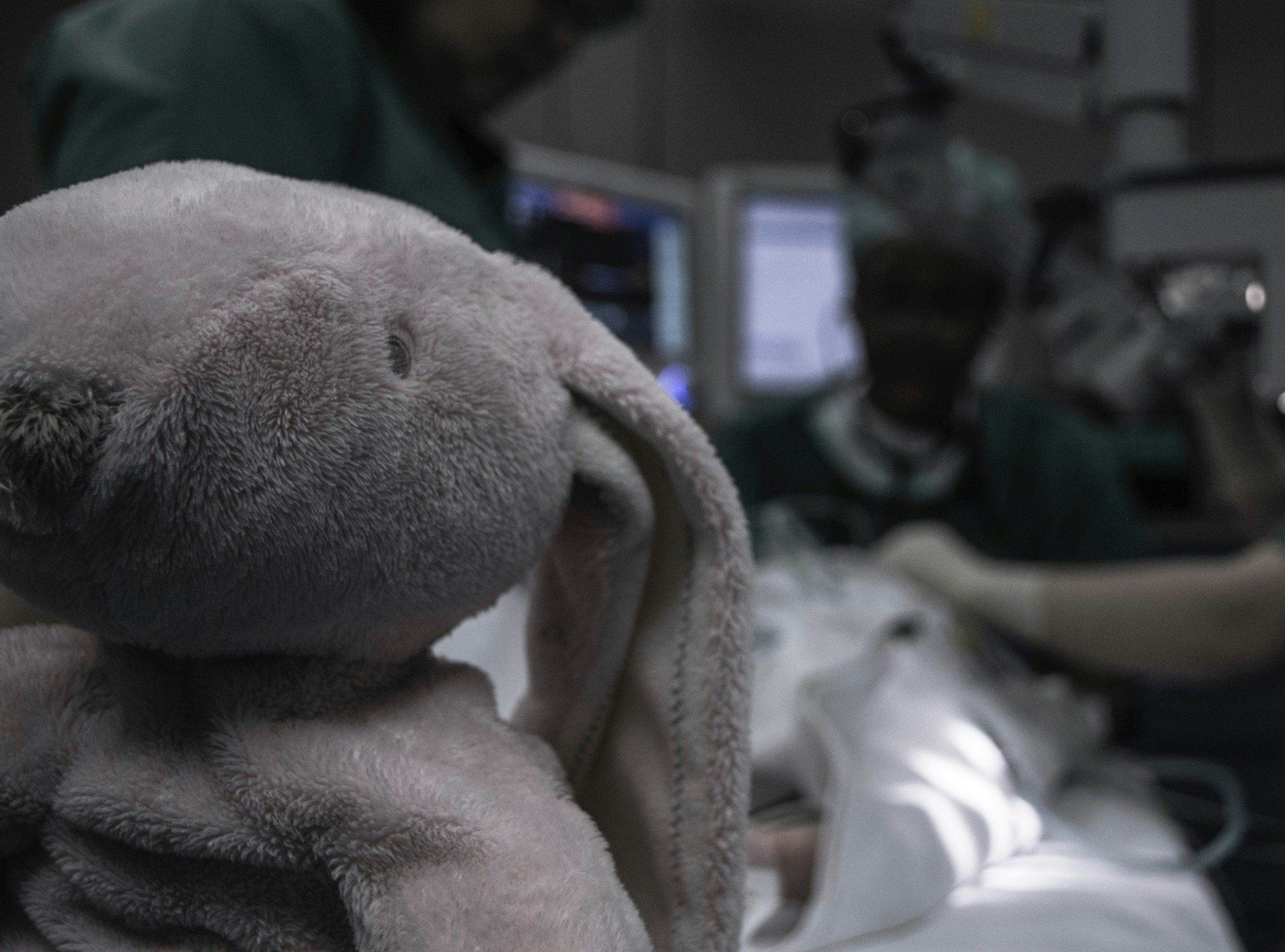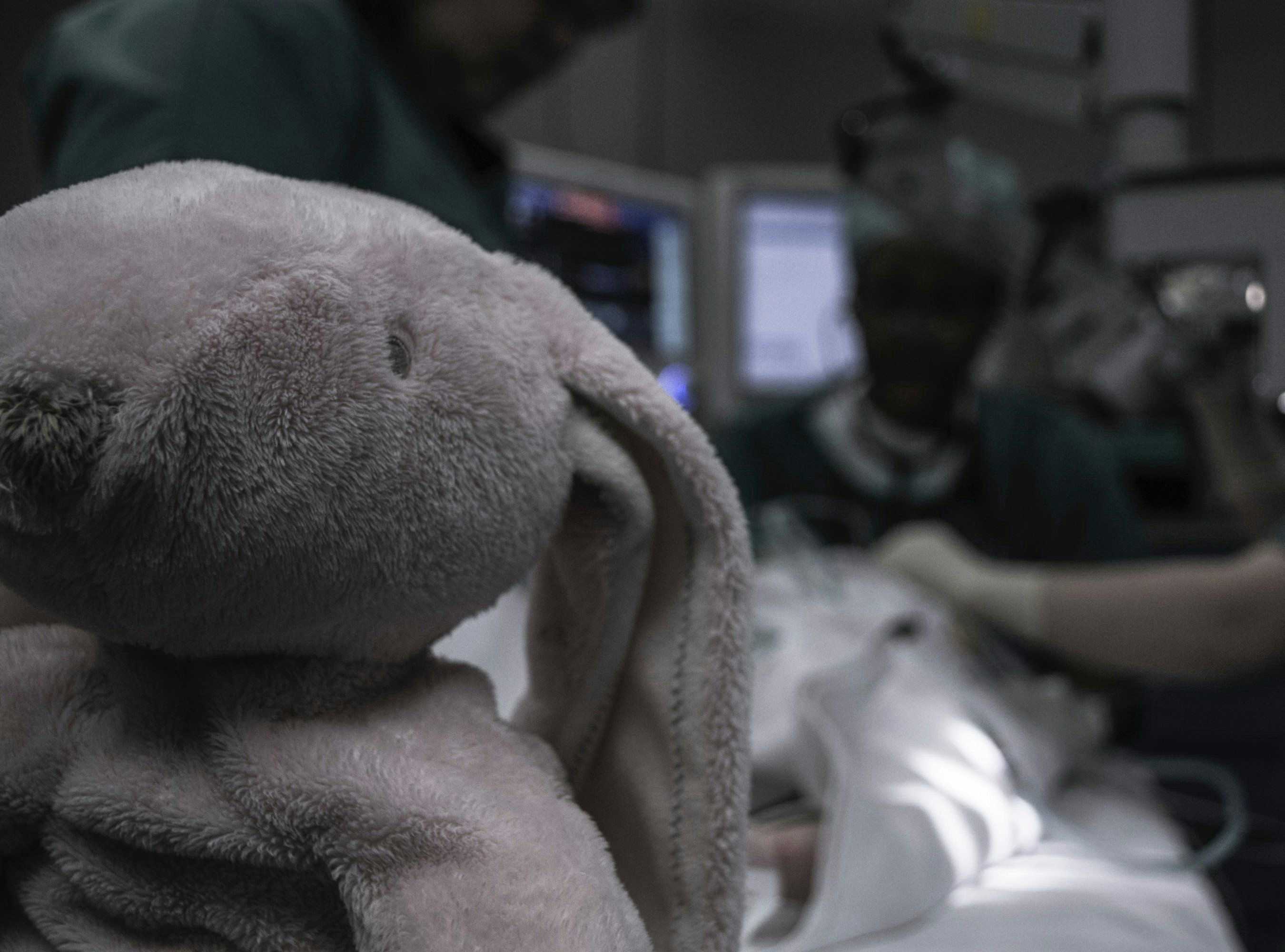The outcome of the case is a stark reminder of the importance of expert witness testimony during medical malpractice cases. Experts are a necessity in a vast majority of cases. They need to be prepared to offer clear, accurate, and comprehensive testimony regarding the standard of care and causation.
Child’s Death Leads to Causation Dispute
In 2012, a four-year-old boy went through outpatient surgery at the Surgery Center for a tonsillectomy and adenoidectomy. The doctor performed the surgeries under general anesthesia. Following the surgery, the doctor remained in the operating room with the patient for about 30 minutes. The child was awake and crying when moved to post-operative care.
The Surgery Center released him after an hour. His mother took him home and put him to bed but discovered he wasn’t breathing two hours later.
The child’s mother sued for medical malpractice. The mother argued the doctor didn’t uphold the standard of care when he released the child after an hour. In response, the Surgery Center filed for summary judgment.
In Sampson v. Surgery Center of Peoria, LLC, et al., the issue was whether the mother’s expert witness demonstrated a breach of the standard of care. Additionally, the case centered around whether the breach caused the child’s death. The trial court ruled the expert didn’t establish causation and granted summary judgment.
The court of appeals reversed. Yet the court disagreed, vacating the court of appeal’s decision and reinstating the summary judgment order.
The Supreme Court’s Review
In reviewing the appeal court’s decision, the Supreme Court noted Arizona requires medical malpractice plaintiffs to establish causation by a competent medical expert’s testimony. Causation requires a “natural and continuous sequence of events,” reminded the court, without any intervening cause.
Most jury members are not medical professionals. As such, the standard of care and the consequences of breaching that standard are beyond their common knowledge. That’s why it’s essential that the plaintiff use expert medical testimony. The expert’s opinion helps establish the standard of care, any deviation from it, and cause of death.
A narrow exception to the expert testimony requirement is when causation is readily apparent. Given the facts of the case, causation is “grossly apparent” to a jury without expert testimony.
Sampson’s Expert Didn’t Establish Causation
There was a clear dispute over the child’s cause of death in Sampson. The experts couldn’t come to a conclusion on the underlying cause of death. As such, the Supreme Court found it unrealistic to think the jury could infer the cause of death.
Causation was not “grossly apparent.” As a result, the plaintiff had to prove causation through expert testimony.
Unfortunately, despite having a qualified medical expert, the plaintiff couldn’t establish causation. The expert’s opinion was that the doctor at the Surgery Center fell below the standard of care. He stated that the applicable standard of care provided for a range of waiting in post-operative care between one and three hours.
The expert did not testify that the brief observation of the child was the probable cause of his death. Instead, he stated that more observation could have allowed the Surgery Center personnel to revive the child.
The Supreme Court found that the expert witness didn’t “connect the dots between the premature discharge” and the child’s death. According to the Supreme Court, the expert failed to establish causation. Instead, he let the jury infer that the Surgery Center’s failure to observe the child for longer caused his death.
What Attorneys & Experts Should Take Away From This Case
The Arizona Supreme Court’s decision reinforces that finding a qualified expert to testify is critical to the case outcome. Attorneys can’t rely on causation being readily apparent to the jury.
The Supreme Court confirmed the exception to the expert testimony rule in medical malpractice cases is very narrow. “Causation by inference is far more limited than the court of appeals recognized,” warned the court.
The Sampson case is also illustrative for medical malpractice expert witnesses. The expert is a part of the plaintiff’s team and a powerful tool for the attorney to establish causation. As the Supreme Court said, the expert is there to “connect the dots.”
Experts should keep that in mind when testifying in medical malpractice cases. They are there to explain the applicable standard of care to the ordinary person. They also have to show why and how there is a connection between the medical provider’s failure to uphold the standard of care and the patient’s injury or death.
Neither the attorney nor their expert should assume a certain fact or conclusion is obvious to the jury.




